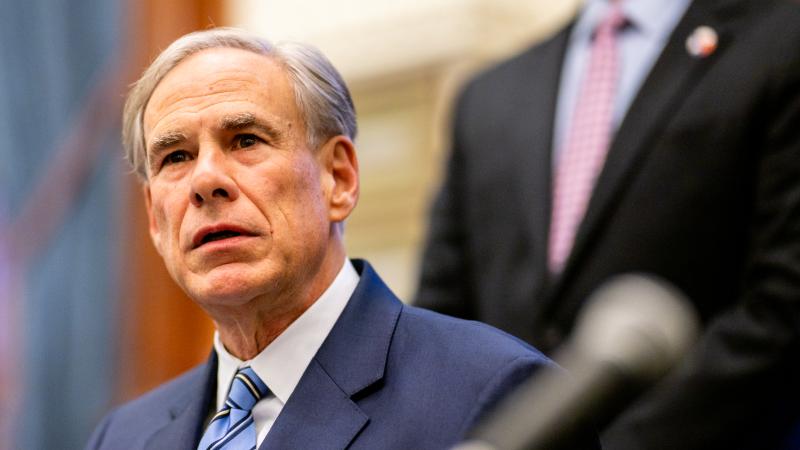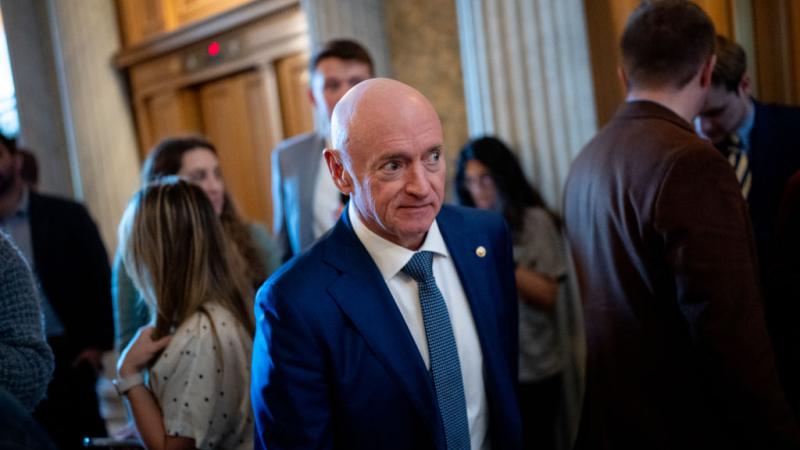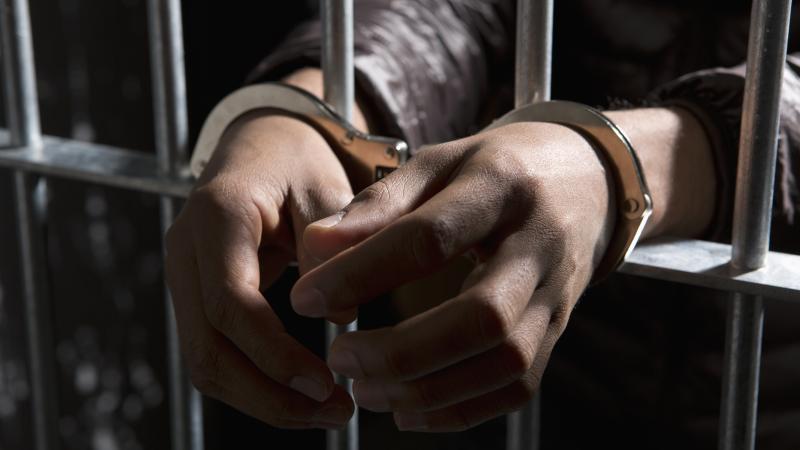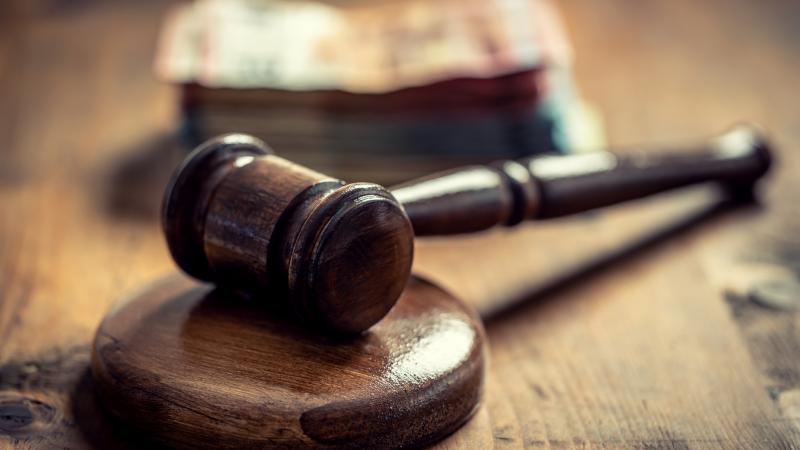DeSantis signs swatting bill in line with national trend to crack down on such activity
The hoax calls to emergency services are intended to trigger a potentially harmful response to the target by law enforcement.
(The Center Square) -
(The Center Square) — Florida Gov. Ron DeSantis signed an anti-swatting bill in Winter Haven this week, following a national trend towards outlawing the practice.
The hoax calls to emergency services are intended to trigger a potentially harmful response to the target by law enforcement.
DeSantis signed House Bill 279 into law that will increase penalties for the misuse of emergency communication systems, particularly false 911 calls that lead to responses from law enforcement.
Georgia and West Virginia were the most recent states to enact anti-swatting laws in 2024. The Peach State law makes the crime a "a high and aggravated" misdemeanor for a first offense. A second conviction carries a sentence of at least five years in prison and a fine of at least $5,000.
The West Virginia law increased the penalties for "certain instances of false reporting of an emergency incident" and allows restitution to law enforcement agencies.
Virginia, Washington, Wisconsin, Maryland, California, New Jersey, Ohio, Michigan and Texas have all recently enacted or already had laws against the practice.
"Swatting is a tactic of cowards who use fake reports to law enforcement to harass people who they disagree with politically. Today, Florida gets even tougher on swatting," DeSantis said at a news conference in Winter Haven on Wednesday. "I signed HB 279 which introduces felony charges for individuals who make false 911 reports that result in significant harm. If you try this in our state, you will face punishment."
Under HB279, penalties for false 911 calls that lead to an emergency response will increase. If a swatting incident leads to a death, the perpetrator will face a second-degree felony charge. If the call results in a serious injury, that would be a third-degree felony. Repeat offenders would face enhanced charges and the new law, which will take effect on July 1, will require restitution to both law enforcement agencies and victims of swatting.
The U.S. House of Representatives is taking up the issue as well with House Resolution 286, which would make swatting a federal crime. The bill is in the House Judiciary Committee.
DeSantis also signed Senate Bill 1470, a school safety bill that would allow childcare facilities to use trained security guards like public and private K-12 schools.
It also requires a security agency that employs a school security guard to be responsible for all training and screening-related costs and revises school access control requirements, such as classroom and campus access doors and gates.
School security guards would be required to be approved by their county sheriff.















